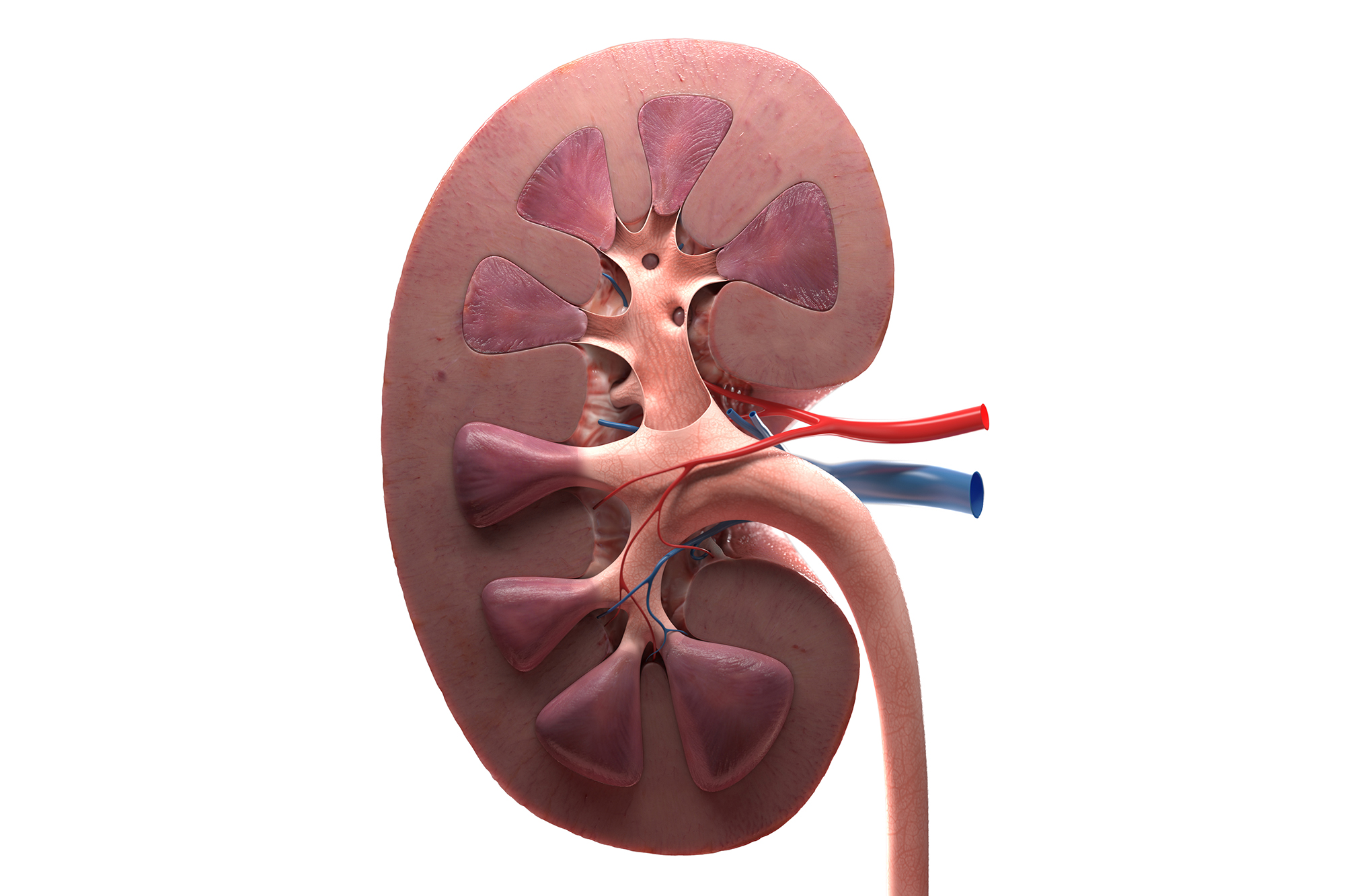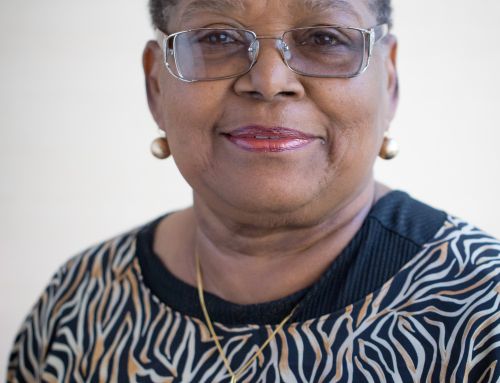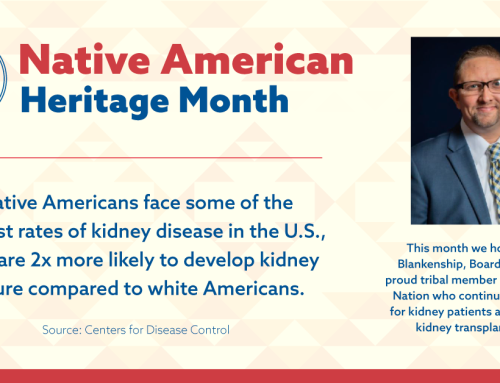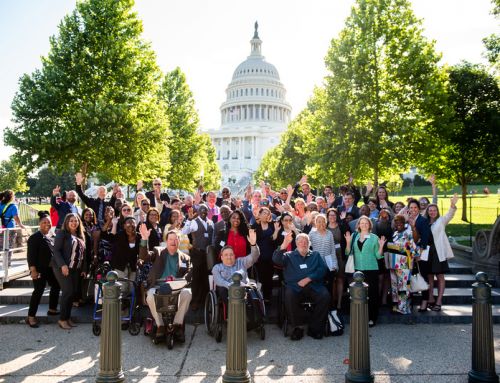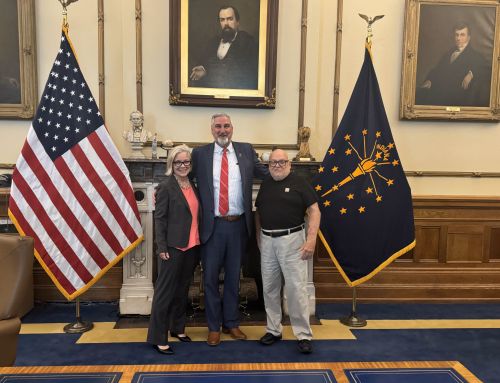The Organ Procurement and Transplantation Network (OPTN) and the United Network for Organ Sharing (UNOS) board approved a new kidney allocation policy that will substantially change the way deceased donor kidneys are distributed.
Many components of the policy will benefit dialysis patients greatly. For example, measuring wait times from the initiation of dialysis will improve access to transplants for those patients who do not receive crucial kidney transplant education. The prior system measured wait times from when the patient signed up for a transplant. The new system will help those who are on dialysis longer get transplants sooner. DPC also supports improving access to transplants for patients with biological disadvantages such as rare blood types and increased immune sensitivity.
However, DPC has some reservations over the new kidney-recipient matching system. For example, the new system utilizes measurements of kidney and recipient health to match healthy kidneys to healthy recipients. That way, kidneys that last longer will go to patients who can use them for a longer period of time. This is meant to reduce wait times for everyone. However, since the new policy uses age as a determinant of patient health, DPC will monitor the situation closely to ensure there is not a bias against the elderly, giving younger kidney patients an unfair advantage in receiving transplants.
The new policy will take effect as soon as transplant programs across the country are able to implement it.

